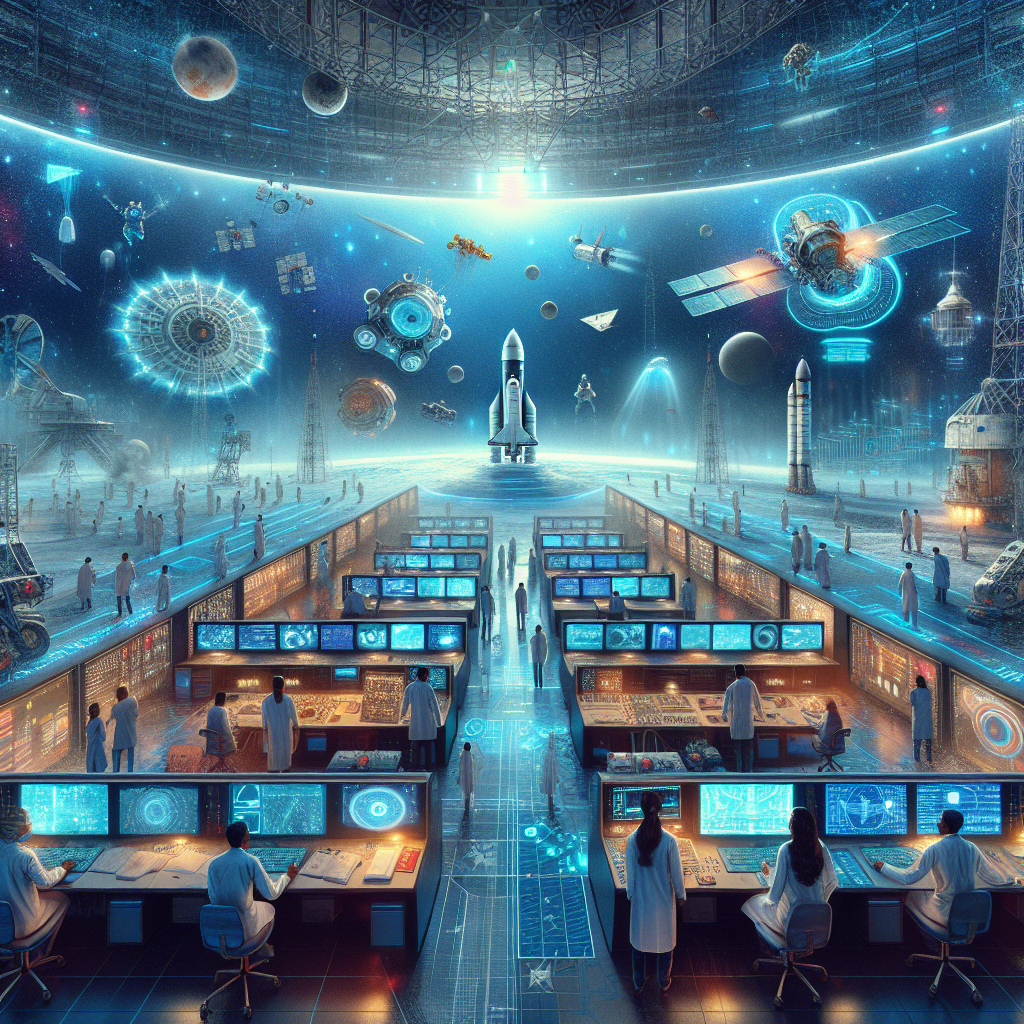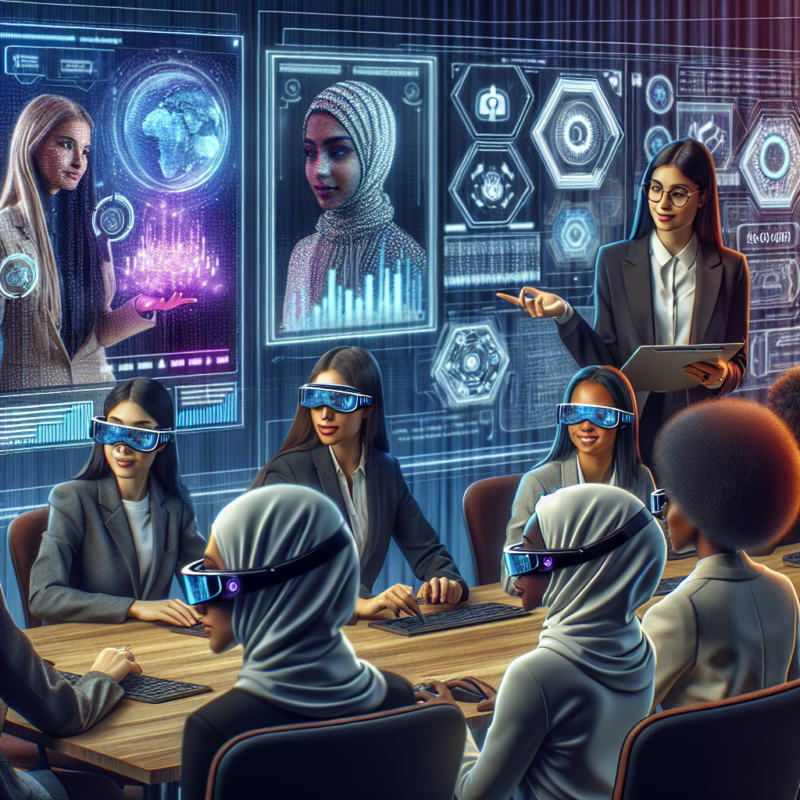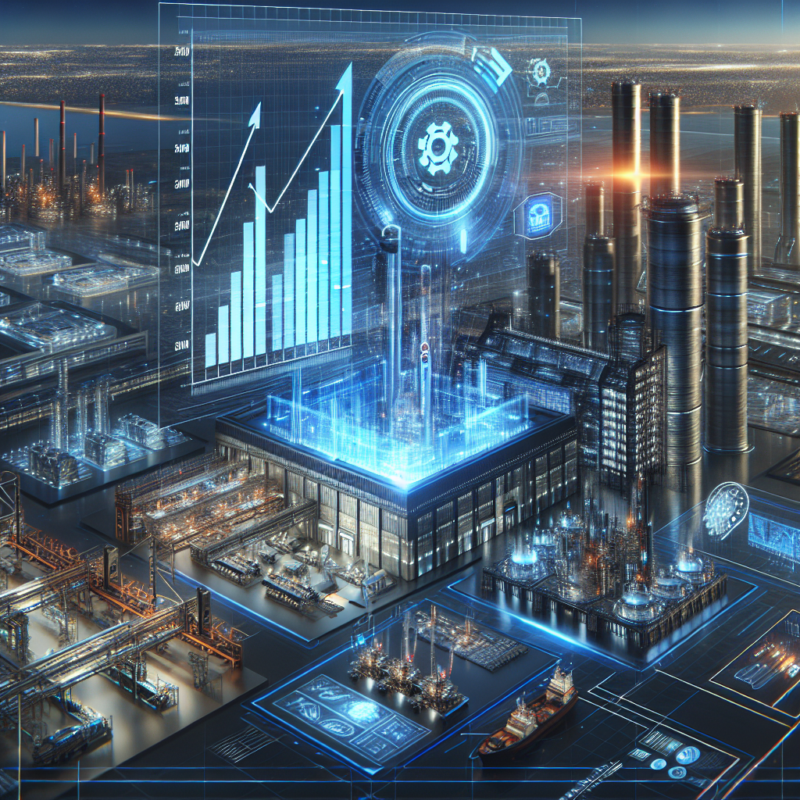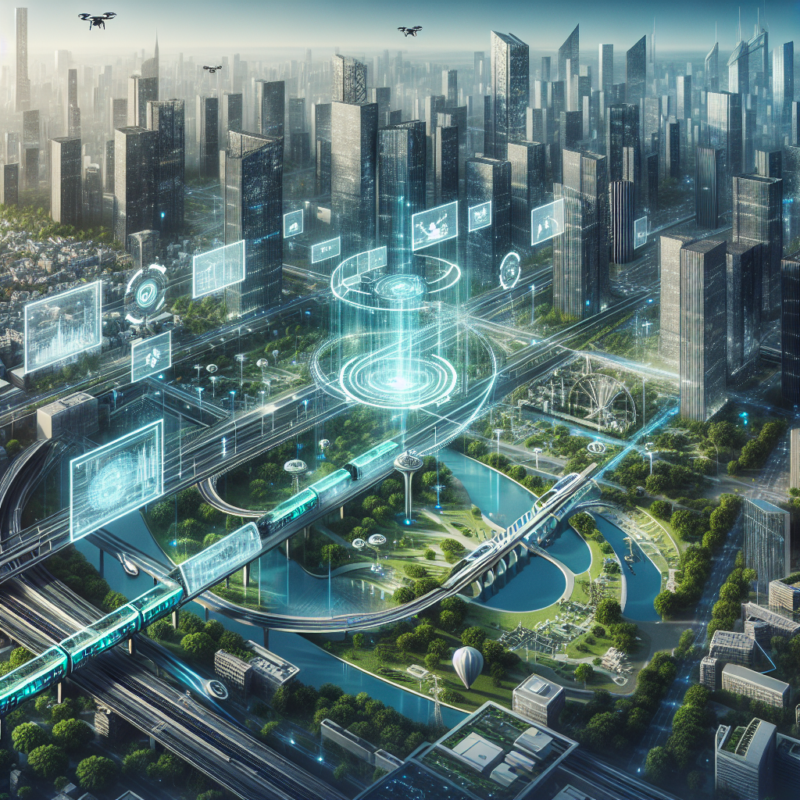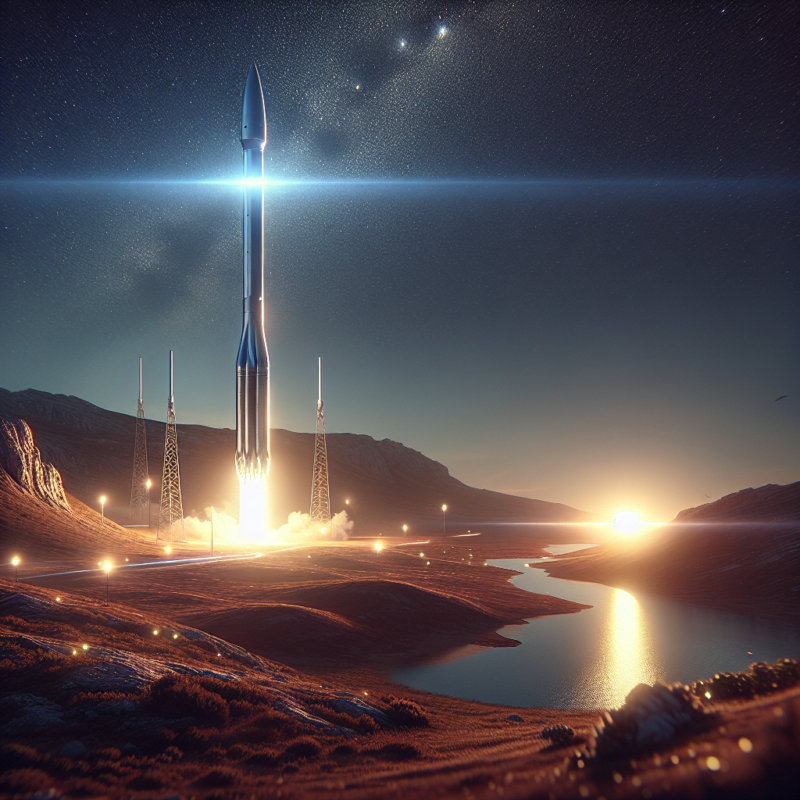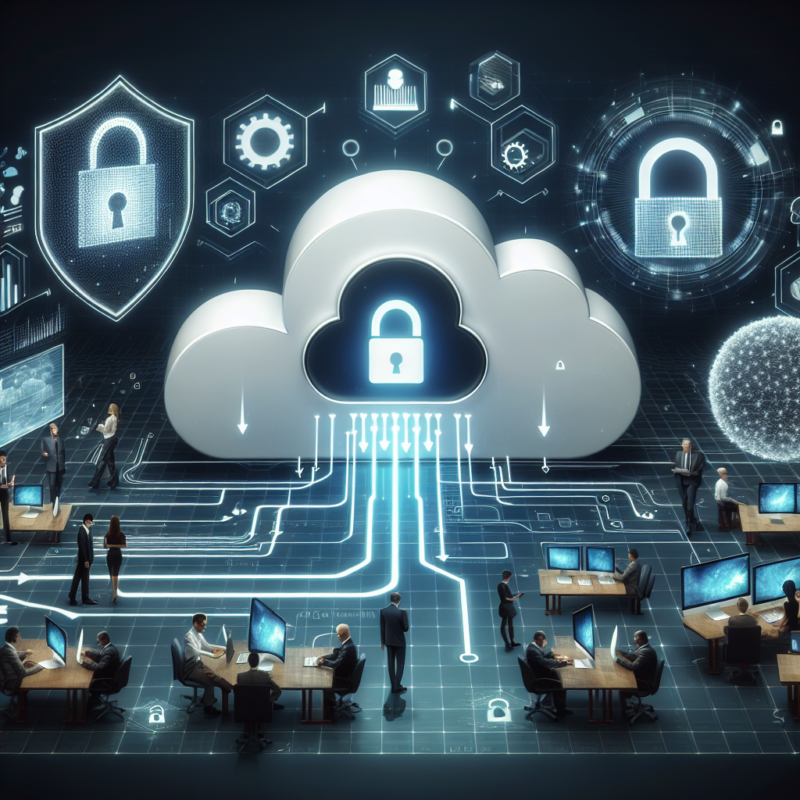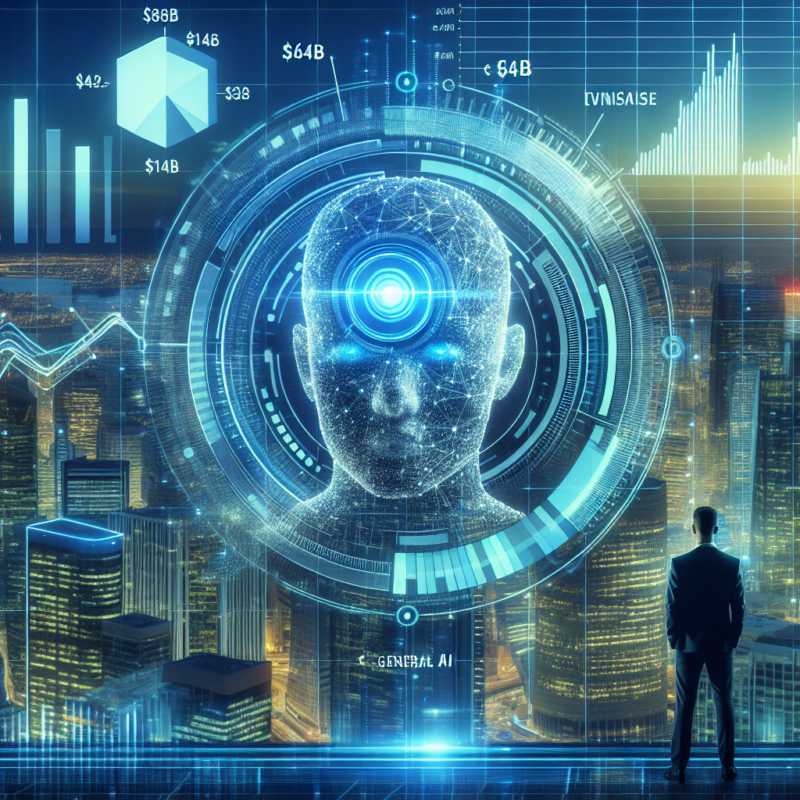Urgent Call to Minimize Reliance on Electronic Imports for Space
India must reduce imports of electronic components for space self-reliance. ISRO aims to boost indigenous production in the next five years.
“
India’s Space Sector Self-Reliance Drive
To ensure self-reliance in the space sector, India needs to significantly reduce its imports of electronic components, according to the newly appointed ISRO chairperson, V Narayanan. He expressed his concerns about India’s heavy reliance on imported goods, especially electronic components that account for 10% of ISRO’s launch vehicles.
– Narayanan emphasized the need to bring down the import of electronic components in the country within the next five years.
– He made these remarks at the Nano Electronics Roadshow 2025 organized by the Ministry of Electronics and IT in Bengaluru.
– ISRO’s experience with sensors shows progress in indigenizing production, with 32 out of 34 sensors now being developed domestically.
From Humble Beginnings to Milestones
Narayanan highlighted India’s growth in the space sector, recalling the days when rockets had to be transported to launch sites by bicycles and bullock carts back in 1962. Today, India is not only self-sufficient but also donating satellites to other countries, marking significant progress in its space endeavors.
– He cited India’s recent achievements, such as developing the Vikram 32-bit processor and the successful Chandrayaan mission.
– Narayanan stressed the crucial role of electronics in space programs, particularly nanoelectronics in launch vehicles and spacecraft.
– The development of the ‘IRIS’ chip by IIT Madras and ISRO showcases India’s efforts toward self-reliance in semiconductor technology for space applications.
Indians in Space by 2040
ISRO has ambitious plans for the future, including building a space station by 2035, undertaking human space missions, and developing reusable launch vehicles. The goal is to have Indians on the moon and back safely by 2040, as per PM Modi’s directive.
– The organization aims to have its first uncrewed mission this year, followed by crewed missions.
– ISRO chairperson spoke about the need for continued innovation in nanoelectronics, sensors, and processors to achieve self-reliance.
Growing Startup Ecosystem
India’s space innovation leadership is recognized by many, including former ISRO chairperson S Somanath. While Bengaluru is seen as a central hub for space activities, gaps in manufacturing pose challenges for completely integrated satellite development.
– Despite challenges, Indian engineers are choosing to stay and build in India due to evolving space policies.
– The government’s investment in a deep tech fund aims to support startups in the space sector for further growth and expansion.
Help from ISRO, IN-SPACe, and Others
IN-SPACe plays a crucial role in nurturing the private space sector in India, acting as a promoter, enabler, and supervisor to create a conducive environment for private enterprises. Many startups receive valuable support from ISRO and IN-SPACe in advancing the space tech ecosystem.
– Startups like N Space and PierSight have benefitted from technical assistance and encouragement from these organizations.
– ISRO’s collaboration with private companies has been instrumental in their success within a short period.
By prioritizing self-reliance, innovation, and collaboration, India’s space sector is poised for significant growth and achievements in the coming years.
Published on: 2025-03-30 11:20:00 | Author: Sanjana Gupta
🔗 You may also like: More posts in Deep Tech,imports,ISRO,Make in India,Space Tech
